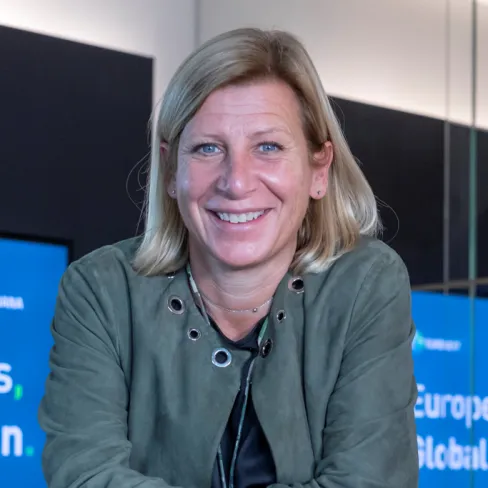algopath is a high-performance, low-latency and scalable Open Algorithmic Environment (OAE). It provides access to built-in industry standard algorithmic strategies as well as an intuitive user interface to build and test proprietary algorithmic models in a quick and easy manner.
algopath can be seamlessly integrated with traderpath or any third-party trading platform. The intuitive interface enables users to seamlessly design, test, validate and maintain their own models for trading, pricing, quoting and hedging via a standard language and release them into the production environment. Besides back-testing, based on playing back canned market data, algopath leverages the exchangepath matching engine so that users can test algorithms with live data feeds from real markets and execute trading operations in simulated markets, which continuously emulate the corresponding actual markets.
algopath can also process high volumes of fast-moving market data from multiple sources and take action across different markets to adhere to the firm’s MiFID best execution compliance policy, whilst meeting all reporting, data and trade history obligations.
The core of the algopath architecture is a high-performance blackboard, namely a distributed cache for low-latency market data and shared internal information produced by any given strategy. Once a new or updated data item has been written onto the local blackboard and propagated to remote nodes, events will be fired which trigger the execution of related actions.
algopath provides users with an interactive tool to create/modify strategies, monitor their execution and fine tune parameters quickly when market conditions change, giving the utmost of both flexibility and control.
algopath comes complete with a toolkit of pre-defined, open strategies. Users can modify and extend these to avoid designing and implementing new strategies from the ground up in critical areas such as:
- Pre/post trade activities to comply with the firm’s "execution policy"
- Discovering liquidity and routing orders to trading venues
- Executing and validating execution results
- Evaluating transaction costs
- Arbitrage, spread trading, pricing and hedging
- Market making across different markets
